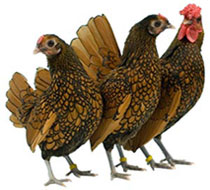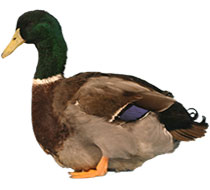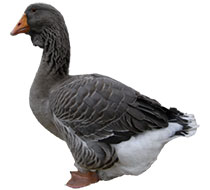Welcome to Poultry Keeper
A hobby website for backyard poultry enthusiasts
Hello and welcome to our hobby website, run by a small group of enthusiasts and led by me, Tim Daniels, from my smallholding in the Black Mountains, Herefordshire, UK. Poultry Keeper is 16 years old this autumn, and our aim has always been quite simply to provide the best source of information available anywhere online for backyard poultry enthusiasts.
We constantly update and improve our 500+ articles and guides on the website and add new pages from time to time. I hope we can help inspire you in our fantastic hobby, and you will bookmark our website for future use.
Summer
in Focus
Summer is here, and with the longer days, our birds are laying well, and the breeding season is well underway. After the delights of hatching chicks through the spring, the work of rearing these youngsters starts to take more and more time. Every available coop and run is pressed into service!
The summer does, however, bring with it a few new challenges. Broody hens that won't quit, high temperatures, red mite infestations in chicken coops and foxes that are feeding their young at this time of year and may try to take our birds.Here are some articles you might like to read and a reminder of the poultry keeper's summer jobs.
Summer reading
I have been trying out the Alphapet Chicken Run and testing the ChickenGuard automatic chicken coop door over the last year. If you are interested in this unit, you can see it in action in my ChickenGuard Automatic Chicken Door article.
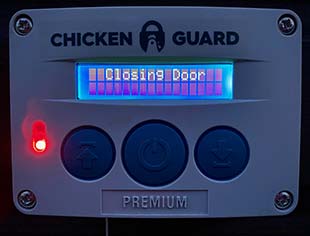
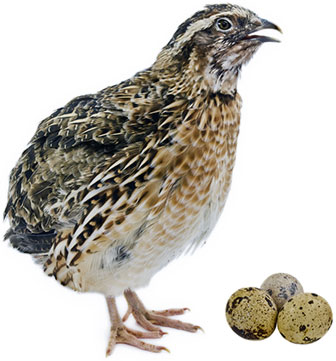
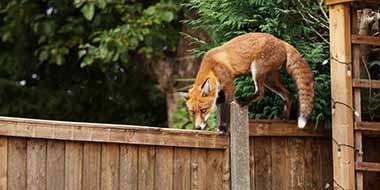
Foxes: Poultry Predator #1?
Mr Fox has to be every poultry keeper’s number one enemy. Sadly, many people have lost their chickens or other poultry to a fox. When it happens, it can be devastating.
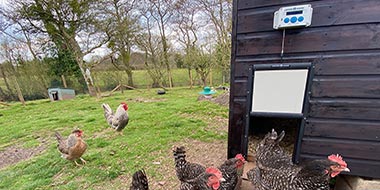
ChickenGuard Automatic Chicken Door
The ChickenGuard is one of the latest automatic chicken door opener/closers. In this Equipment Focus, I test the Chicken Guard Premium model on one of my chicken coop doors.
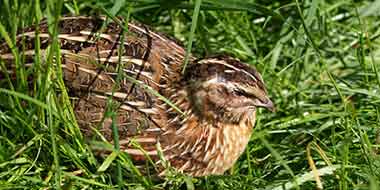
Beginners Guide to Keeping Quail
Quail can be very productive, so they are ideal for people with small back gardens, unsuitable for chickens. This guide answers questions you may have about starting to keep quail.
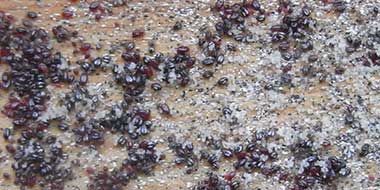
The Ultimate Guide to Red Mite
This in-depth guide will tell you everything you need to know about red mite, how to identify them and more importantly, how to control them.
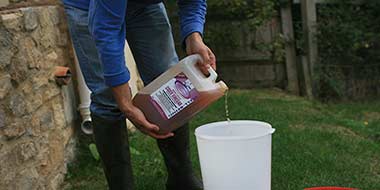
Apple Cider Vinegar For Chickens
I have been giving Apple Cider Vinegar to my chickens for many years, and combined with good husbandry, I have seen a positive difference in my flock’s health.
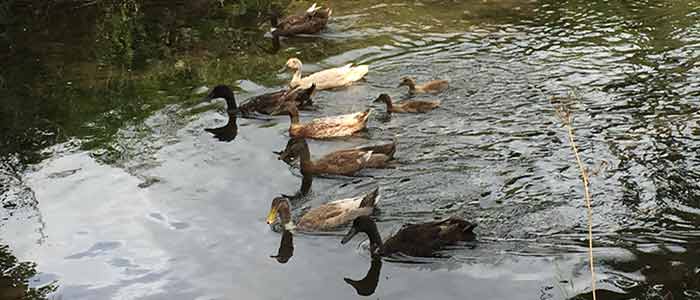
Releasing Domestic Ducks into the Wild
Zoe Brodie-James investigates the ethics and law of releasing domestic ducks into the wild on the local pond and finds some sad and sometimes illegal scenarios that go on there.
Hatching and Raising your Poultry
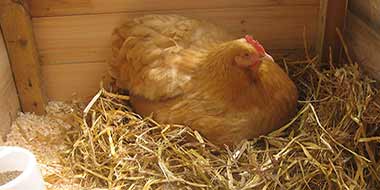
Hatching Eggs with a Broody Hen
A step-by-step guide to hatching eggs with a broody hen. Selecting the right breed and setting up a broody coop for her to incubate fertile eggs.
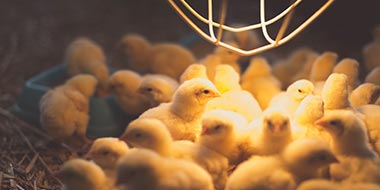
Raising Chicks: Setting Up A Brooder
Raising chicks that were hatched in an incubator. How to set up a brooder and heat lamp or panel to care for chicks hatched at home in easy steps.
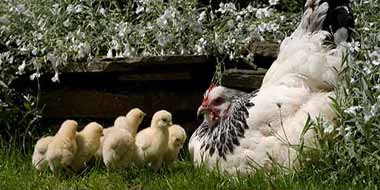
Broody Hen Care
How to care for a broody hen raising chicks. Tips for rearing chicks with a broody hen and providing broody hen care.
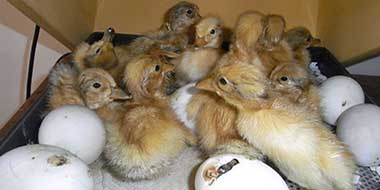
Raising Ducklings: A Complete Guide
Raising ducklings at home is relatively straightforward. They are more tolerant to disease and with the right equipment, are easier to brood than chicks; however,
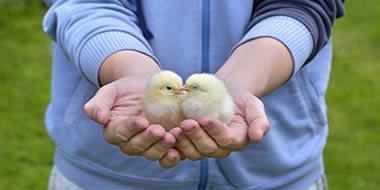
Feeding Chicks
Feeding chicks when there is no broody hen to take care of them and what you can feed in an emergency if you run out of chick crumbs.
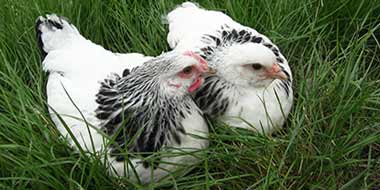
Sexing Chicks: How to Sex Chicks
A popular question from people incubating and hatching eggs is how to sex chicks? – how can you tell if they are male or female? Sexing chicks while young isn’t easy, but as they start to grow, there are some tell-tale signs to look out for.
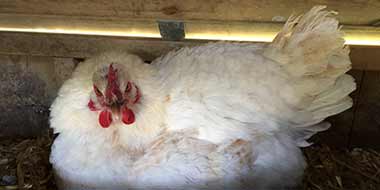
How to Stop a Broody Hen
How to break a broody hen? A hen may go broody and decide she wants to hatch some eggs out herself. Here’s how to stop a broody hen.
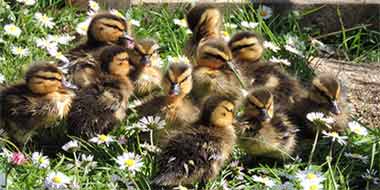
How to Care for Wild Baby Ducks
Note: This article on how to care for wild baby ducks pertains to wild Mallard ducklings only. Domestic breeds of duck require different types of
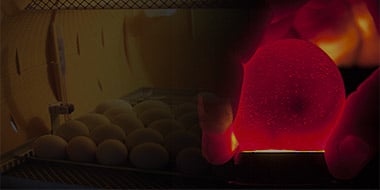
Candling Eggs
What will you see candling eggs? Pictures and videos of candling chicken eggs at 7 & 14 days of incubation and a useful air sac development chart.
Summer jobs...
Get a Worm Count by Post
Poultry worms increase in numbers during warmer weather, especially if the weather is wet. If you didn't send off for a worm count in the spring, now is a good time!
Check for Red Mite
During warm weather, red mites start to multiply. Feeding off your chickens at night, they hide in cracks and crevices during the day. Make weekly checks of your coop.
Sell Surplus Eggs
If you have surplus eggs, you can sell them at the gate to passers by but be careful how you do this because there are some rules to follow.
Plan Holiday Cover
It’s important to make sure your chickens are properly cared for when you are away from home, even if it’s only for a couple of nights. Plan your holiday cover now.
Beware of Foxes Feeding Young
Foxes are feeding young during the summer months. As cubs grow, they start learning to hunt and are often out during the day, so be careful with free-range poultry.
Learn How to Sex Chicks
If you hatched chicks during the spring, you might be wondering how to determine cockerels from pullets. There are some signs you can look for in your youngsters.
Poultry
Breeds
We have over 5000 photos on our website, and there are thousands of photos taken at poultry shows that give you some good examples of what a breed should look like on our poultry breed pages.
Domestic poultry breeds follow a standard that tells us how they should look. We have the British Poultry Standards and the British Waterfowl Standards in the UK. I have spent the last 10 years visiting poultry shows with other photographers, photographing some of the best examples of the breeds, as well as researching their origins.
There are other standards worldwide: the European Poultry Standard, the American Standard of Perfection and the Australian Poultry Standard. In fact, the same breed can have subtle differences, names, or colour varieties in different parts of the world. I have highlighted many of these on individual breed pages.
If you are considering which breed to keep, then the breed pages should help you!
Breed in focus: The Wyandotte
This time it’s the turn of the Wyandotte to be updated from a breed page to a breed in focus page! Grant has done a fantastic job of sharing his immense knowledge of this breed to expand and update our Wyandotte page.
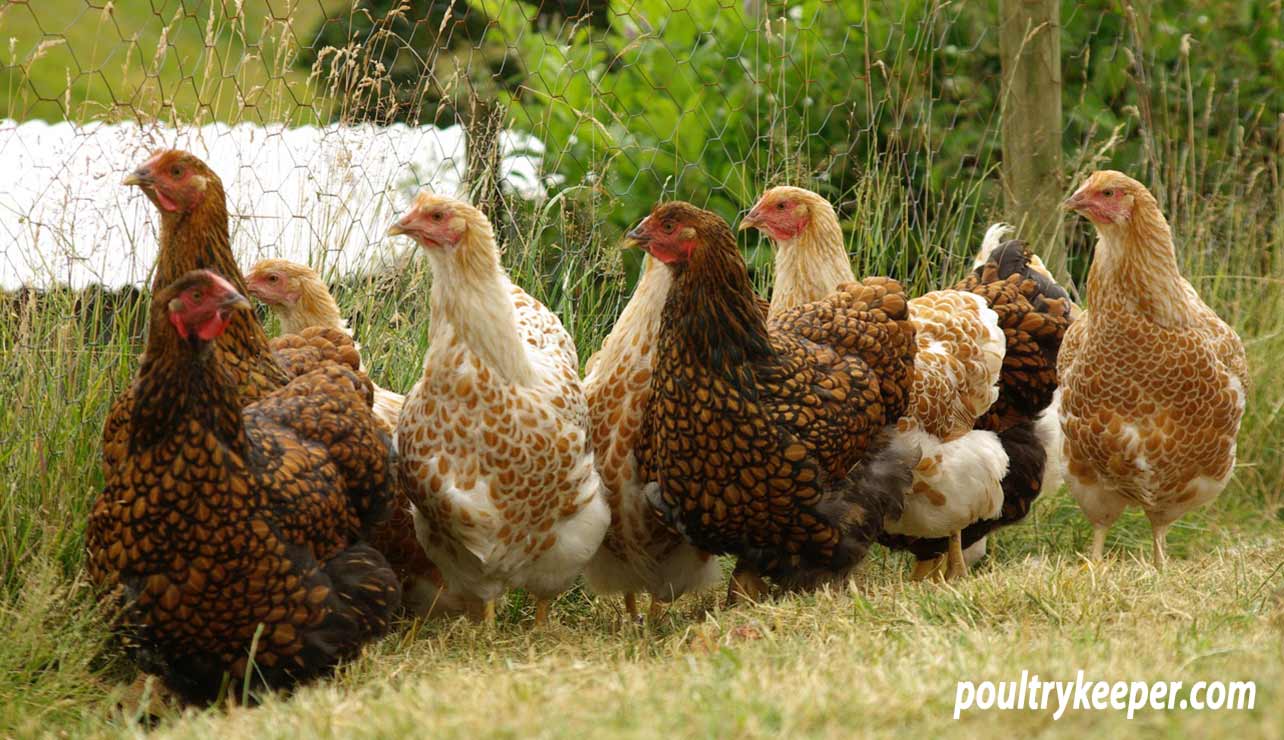
New to
Keeping Chickens?
If you are a newcomer to the wonderful (and productive) hobby of poultry keeping or just wondering about what you need to get started, then you have come to the right place!
Here are some suggestions for the newcomer from our Chickens Category to help you get started:
For your research:
Keeping your chickens healthy:
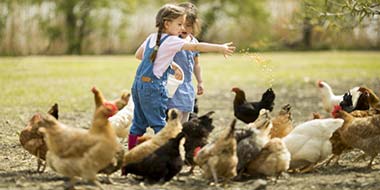
Feeding Chickens
Domesticated chickens, especially modern hybrids, are fantastic egg layers; however, this performance increases nutritional demands, so how we feed our chickens has never been so
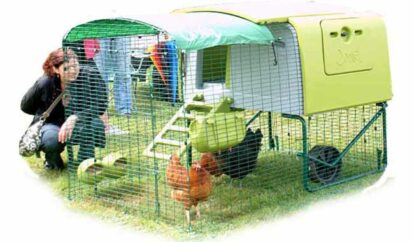
The Ultimate Guide to Chicken Houses
The ultimate guide to chicken houses, exploring features you will need to keep your chickens happy, healthy and safe from predators in their coop.
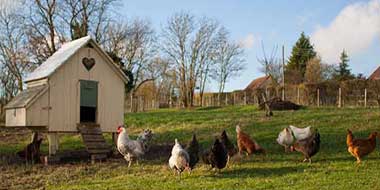
What are the Best Laying Hens: Hybrids or Pure Breeds?
What are the best laying hens for eggs – Hybrids or pure-breeds? Anne looks at the advantages and disadvantages of the two and makes some
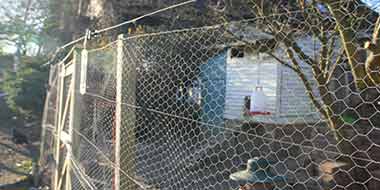
Proper Chicken Runs Give Peace Of Mind
Jeremy Hobson looks at some ways of building chicken runs to give your chickens space yet still keeping them free from danger.
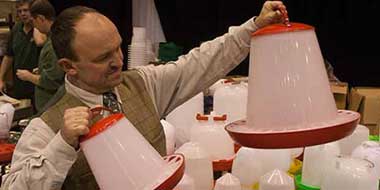
Choosing Equipment for your First Chickens
Although a chicken’s needs are fairly basic, getting the right kit can make life so much easier for the owner.
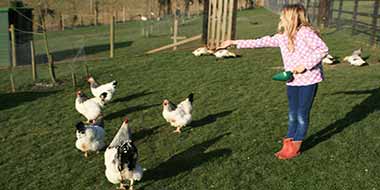
Looking After Chickens in Ten Easy Steps
Looking after chickens is relatively easy, but like all animals, they still need care and consideration. Follow these ten steps to looking after chickens, and
Keeping Ducks
& Geese
Smallholders keep waterfowl for eggs, occasionally for meat, to mop up bugs in the garden, and for exhibiting.
If you are thinking of adding some domestic waterfowl to your allotment or back garden? You may find our articles on keeping ducks and geese useful. Contrary to popular belief, domestic ducks and geese do not need a pond, and a plastic tub refilled daily is enough for them to be content.
Most will enjoy a bath but spend the rest of the day dabbling in the grass and looking for insects. They are the greatest at environmental slug control on any vegetable patch. As a bonus, many ducks will lay good numbers of large eggs that are particularly good for cake making.
On the other hand, Geese will require plenty of grass and are useful as environmentally friendly lawnmowers! As well as keeping grass short, they will alert you to unwanted visitors.
Why not take a dabble in our sections on ducks and geese? I've included a few reading suggestions for you below:
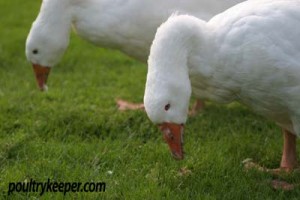
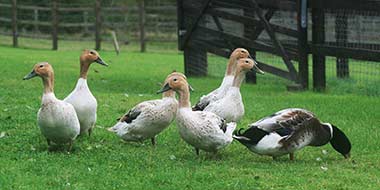
Beginner’s Guide to Keeping Ducks
Keeping a few domestic ducks in the garden is growing in popularity. In this beginner’s guide to keeping ducks, I will cover all the basics you’ll need to consider before getting ducks.
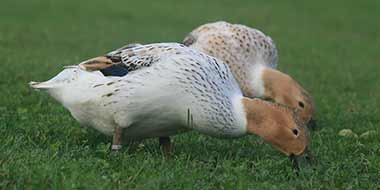
Feeding Domestic Ducks
This article provides information about feeding ducks: specifically domestic ducks. That is, pet ducks kept in gardens or smallholdings.
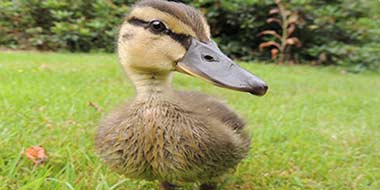
Stop Following Me! Imprinting in Ducks & Geese
Ducklings and Goslings will follow the first moving object they find after hatching. They treat it as their mother. So even if it’s a large man with a big hairy beard, he becomes ‘mum’!
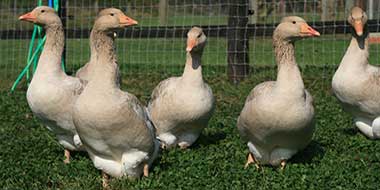
The Beginner’s Guide to Keeping Geese
This beginners guide to keeping geese will take you, step by step, through the basics of keeping geese, whether you are wondering whether geese are the right choice for you or if you have already purchased your geese and want to learn more.
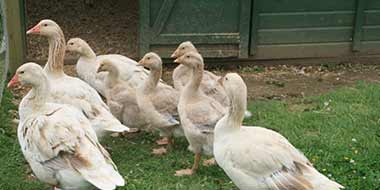
Housing Geese
Providing you can give sufficient space, adequate ventilation and security from nighttime predators, a goose house need not be complicated. In this article, Mo provides the low-down on housing geese.
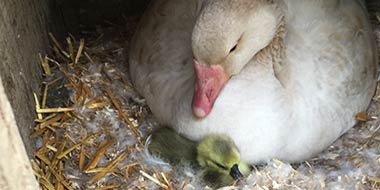
Hatching Goslings with a Broody Goose
One of the easiest ways to incubate and hatch goose eggs can be to leave it up to a broody goose. Not all breeds are good mothers. Heavier breeds can be quite clumsy and better at breaking eggs than sitting on them, but many lighter breeds will sit the term, hatching and raising their young.

